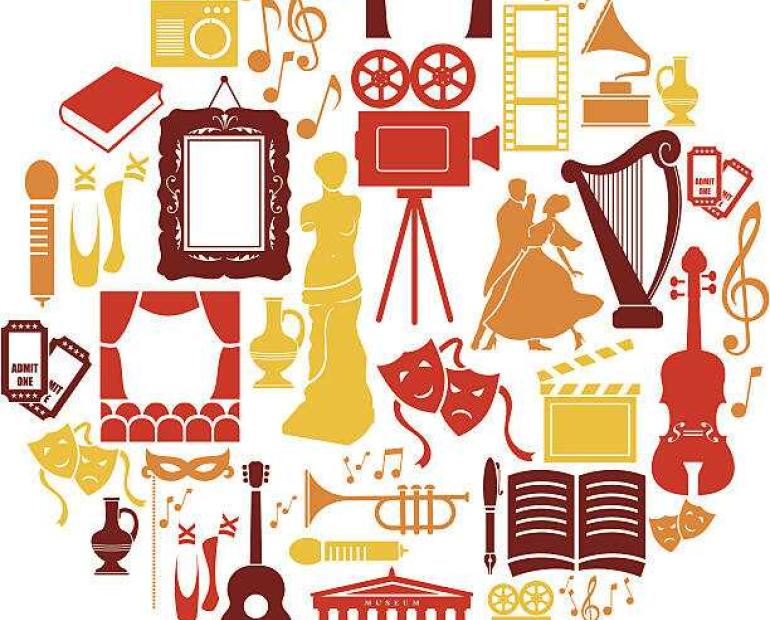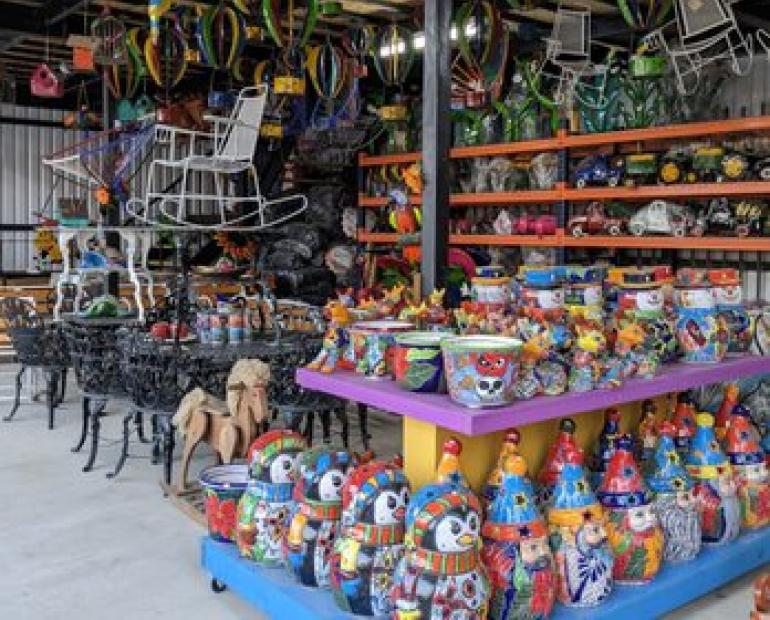
From birth, I have spoken English, and English only. It wasn't until recently that I realised the world isn't always going to auto-translate things for me, simply because I was ignorant enough to believe it would. The truth is, as a white, British, native English speaker, it's never been expected of me that I go out of my way to study another's dialect.
Fortunately, throughout my life, my parents have repeatedly stressed to me the importance of having a second, or even third language under your belt. My father, with his broken essential-phrase-book dialects, has managed to befriend people from all over the world on cycling trips, and through his work. His biggest regret: not being able to fully communicate with these people he calls friends.
I attend a state secondary school in England, and if you are the same as me, you'll know the education of language is not too... rich. My school's MFL department exclusively consists of French - which is not compulsory by the way, and I am among the 2/3 in my year group hoping to study it at an advanced level. Mainly because I've realised a love and knack for learning languages, but also because I don't want the majority of the world closed off to me because of my ignorance. Language, for me, makes me feel closer to a culture other than mine, I can sympathise, appreciate and find a common ground with others. Sadly, it is clear, the lack of enthusiasm towards language reflected in our curriculum, directly translates to the attitudes of students.
Like with many things, I suppose the simple answer is to admit to our ignorance - consciously consider the reasons behind why we expect every other country to know our language perfectly, when we don't give a second thought about learning theirs.






